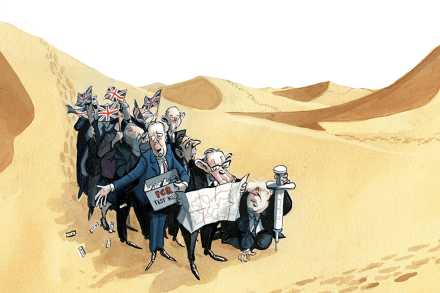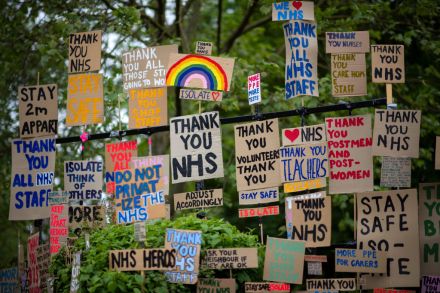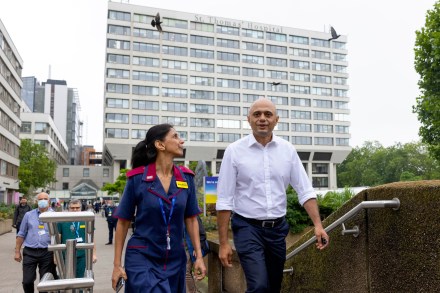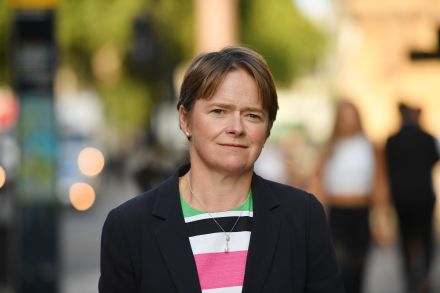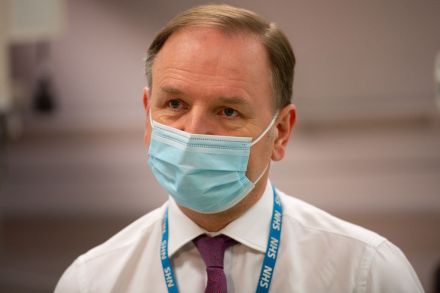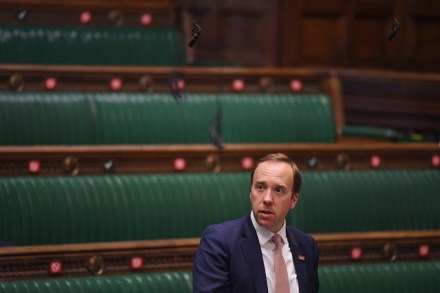Can Boris and his ministers agree on the point of the Covid app?
What is the point of the Covid-19 app? Ministers seem to be as in the dark about the answer to this question as the rest of us, with the government tying itself in knots over whether it means anything at all to get ‘pinged’ and told to self-isolate. Downing Street has contradicted Business Minister Paul Scully, who said this morning that there was no need to self-isolate if it was just the app that alerted you. He told Times Radio: It seems that there is a genuine schism in Whitehall ‘The app is there to give…to allow you to make informed decisions. And I think by backing out of mandating






